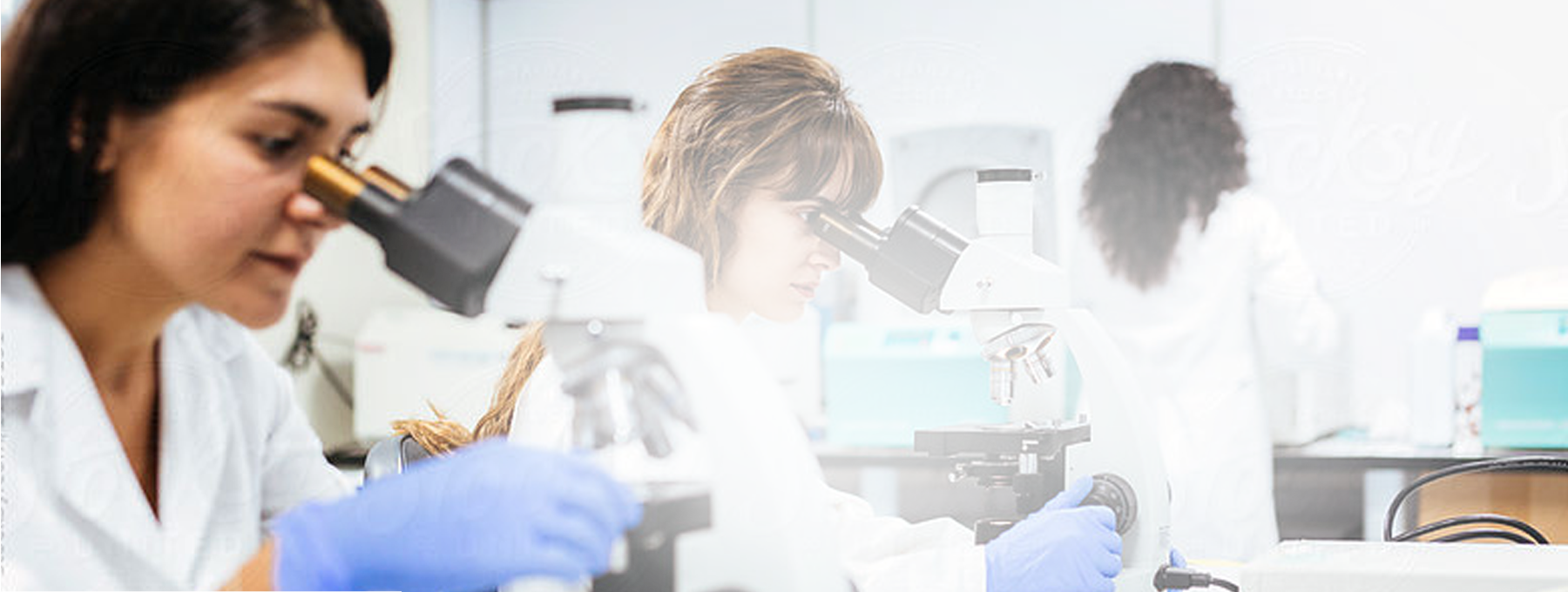Media Contact
Pete Thomson
Chief Communications Officer
American Medical Student Association
Email: pr@amsa.org
AMSA Issues Statement to Defer Gender “Normalizing” Surgeries for Children Born as Intersex
STERLING, Virginia—October 26, 2017 – In recognition of Intersex Awareness Day, the American Medical Student Association joins the call to end medically unnecessary, non-consensual genital “normalizing” surgeries that continue to be performed on intersex youth across the country, despite condemnation from the United Nations,1 the World Health Organization,2 and Amnesty International.3
An estimated 1 in 2,000 children are born with sex characteristics visibly different enough from typical definitions of male and female anatomy that they are at risk for non-consensual surgical procedures in infancy, such as clitoral reduction, vaginoplasty, and gonadectomy. These surgeries, which often fit definitions of female genital mutilation, are performed before these children can even speak or stand, let alone provide consent to these procedures. A Human Rights Watch report4 released earlier this year details the harm that these early surgeries inflict, including chronic pain, loss of sexual sensation, psychological trauma, sterilization, and the risk that the surgically enforced sex assignment will not match the individual’s identity. The vast majority of these children are born healthy, and these surgeries could safely be postponed until they are old enough to decide whether such procedures are desired. What physicians and families need is psychological support to accept and support their children until they reach an age at which those informed decisions are possible.
AMSA echoes GLMA: Health Professionals Advancing LGBT Equality,5 three former U.S. Surgeons General,6 and Physicians for Human Rights7 in calling for the deferment of elective surgical interventions to standardize genitals as strictly male or female on intersex children until they reach a level of maturity at which they can participate in this life-altering decision and provide (or withhold) informed consent to such treatment. As future medical professionals, we chose this path in order to help others, not to do harm. If current practices are harmful, we should not perpetuate them through inertia. We can—and must—change medical education and practice to safeguard vulnerable patients.
AMSA recognizes the role that medical education plays in systems-level practice changes. We call on institutions to ensure that faculty are teaching evidence-based medicine, and that rising generations of physicians have the proper tools to care for intersex patients. To that end, AMSA urges medical schools to include comprehensive, mandatory curriculum and provide training on intersex health such that children born as intersex are afforded bodily autonomy and self-determination, and so that care is delivered in a patient-centered, consensual, equitable model.
About the American Medical Student Association:
AMSA is the oldest and largest independent association of physicians-in-training in the United States. Founded in 1950, AMSA is a student-governed, non-profit organization committed to representing the concerns of physicians-in-training. To learn more about AMSA, our strategic priorities, or joining the organization, please visit us online.
1 United Nations Office of the High Commissioner for Human Rights, Free & Equal,Fact Sheet: Intersex (2015).
2 World Health Organization. Eliminating forced, coercive or otherwise involuntary sterilization: an interagency statement (2014) [Statement of OHCHR, UN Women, UNAIDS, UNDP, UNFPA, UNICEF and WHO].
3 Amnesty International, Policy statement on the rights of intersex individuals (2013).
4 Human Rights Watch, “‘I Want To Be Like Nature Made Me:’ Medically Unnecessary Surgery on Intersex Children in the US” (2017).
5 Jeremy Toler, Medical and Surgical Intervention of Patients with Differences in Sex Development (2016).
6 Joycelyn Elders et al., Re-thinking Genital Surgeries on Intersex Infants, Palm Center (2017).
7 Homer Venters, Unnecessary Surgery on Intersex Children Must Stop (2017).
###

